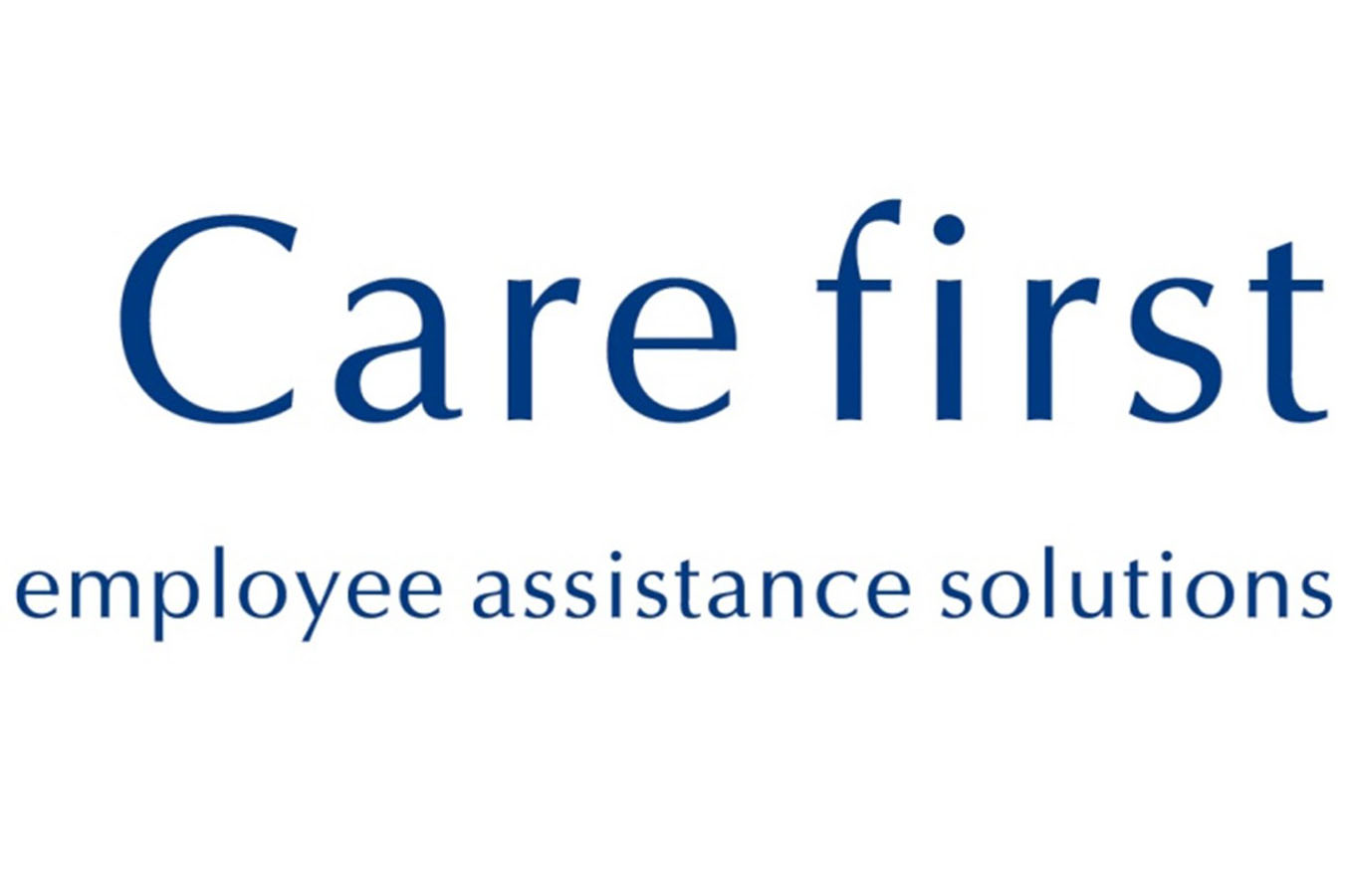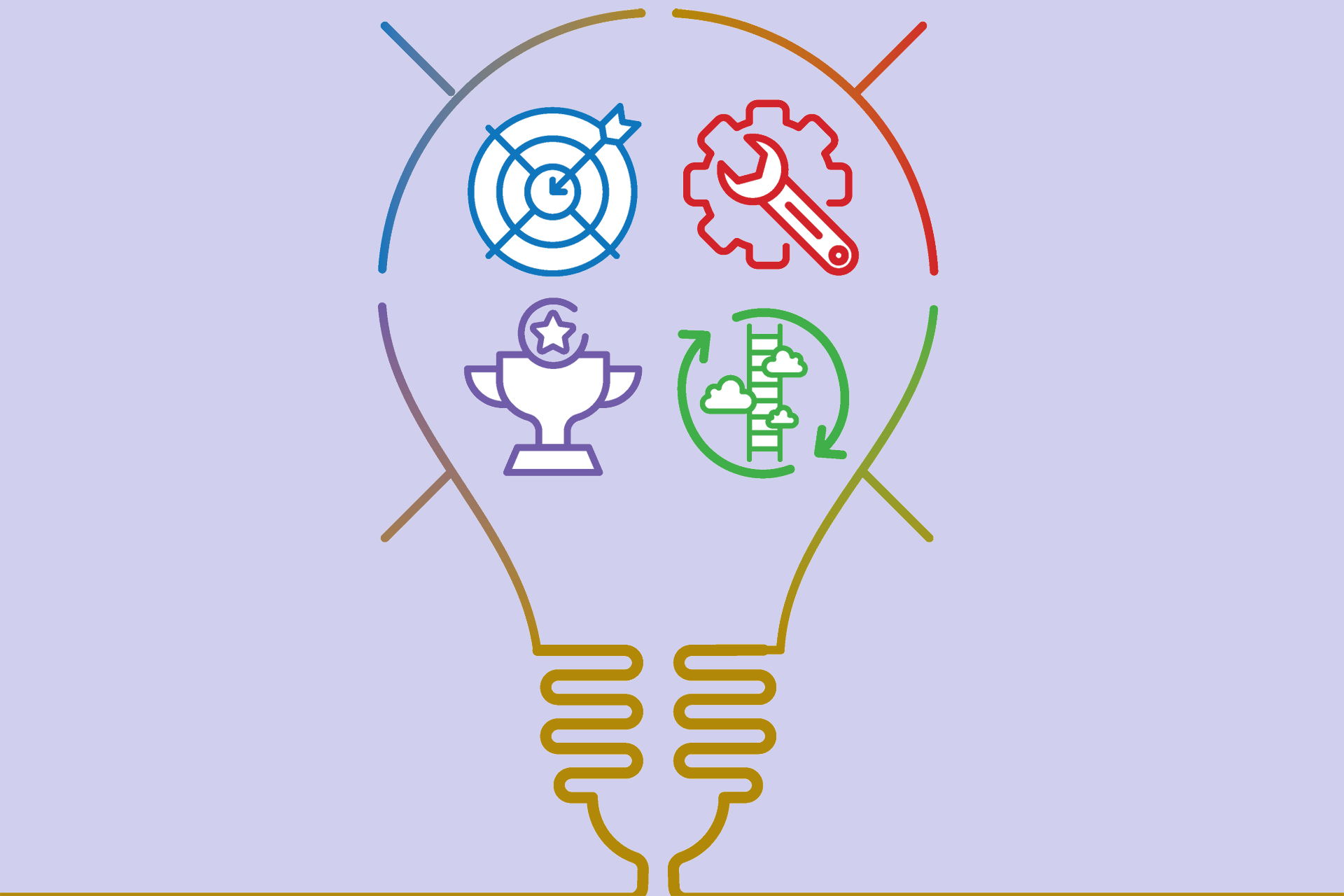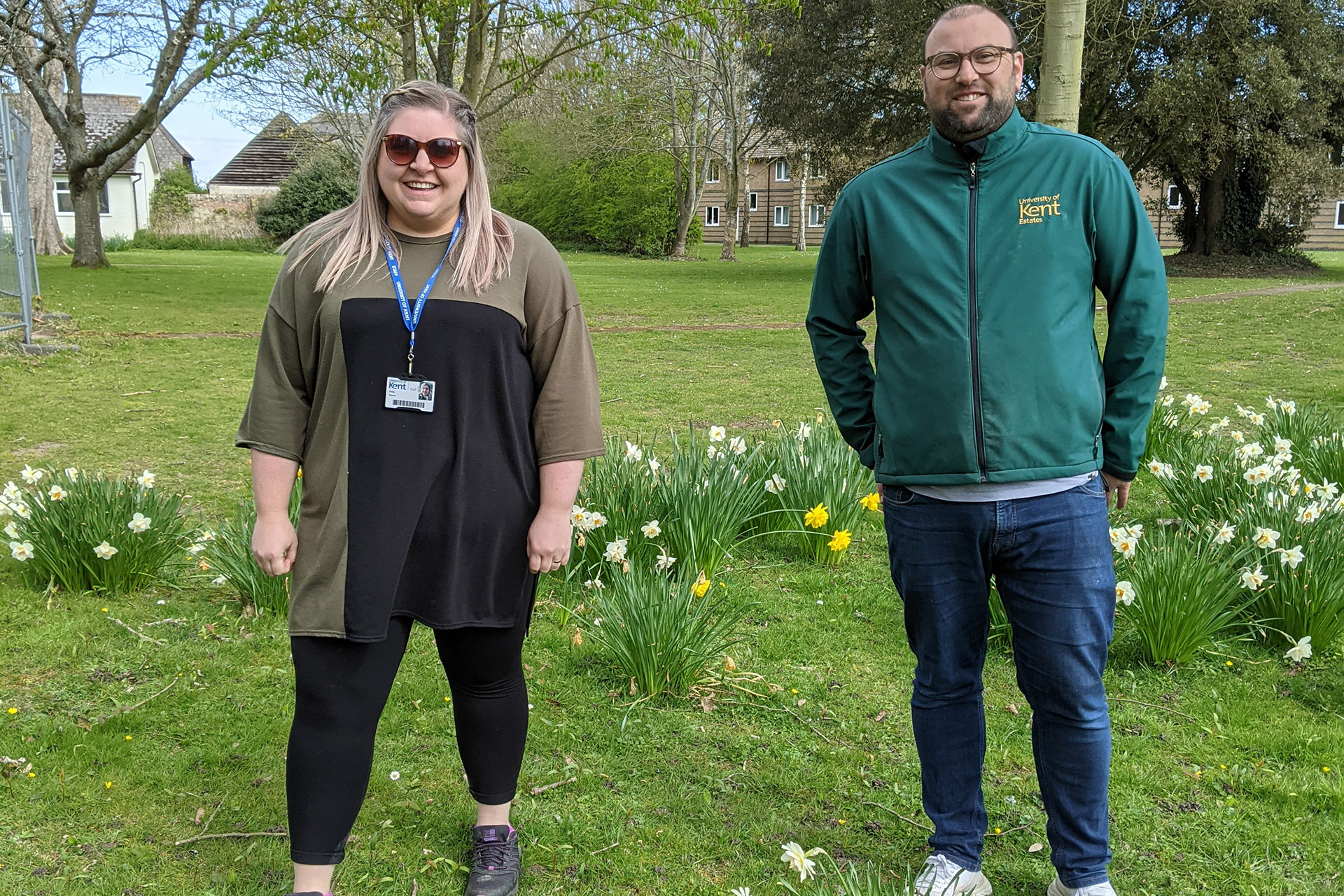Second year student Harvey shares the best music to revise and study to:
‘Hi, I’m Harvey, a second year Marketing student at the Canterbury campus. I have a secret; I have never studied for an exam in my life. I completely winged it through my GCSEs and got some undeservingly good results; followed by promptly failing my AS levels. Coupled with my first-year exams being online, open book and fairly straight forward, I have never had to do a ‘late night exam study sesh’. With second year exams looming, which are distinctly harder and need a lot more reading to pass, I thought it’s finally time I actually learned how to revise.
‘Plus, with COVID-19 I also have to share the office with my Dad who is on calls all day, every day. So, I turned to my hilariously diametric Spotify to keep me focused and see what music would get me studying best. Oh, and naturally being a data specialist, I did it scientifically through controlled variables and quantitative analysis. Seeing as I know mostly anyone reading this has no interest in that, I have included a “study score” as an amalgamation of how well each genre performed, which, of course, is completely subjective.
Classical
‘Lauded by many as the premier thing to play children in the womb, or the perfect accompaniment to a peaceful evening reading a textbook, classical music is the stereotypical study soundtrack. Perhaps to the dismay of my classically trained musician Dad, I never have showed a great amount of interest in ‘the classics’, but I thought now might be the time to invest in some enculturation.
‘I chose the aptly named “Classical Focus” from Spotify’s official playlists for my first experiment. Encompassing composers such as Bach, Beethoven and Mozart, it features all the works I probably should have studied while I was doing my short-lived music degree but didn’t.
‘Classical music has the ability to make you feel smarter while you’re listening to it. It also generally doesn’t have vocals, unless we’re getting into choral works. So you supposedly have less to distract you, according to some (especially my Dad) “it is terrible to focus with music with words, it distracts you! I could not play that in the office!”
‘After using the playlist for a good hour I found it to be a mixed bag. Perhaps this is just personal taste, but I found it hard to focus on the particularly dry article I was reading with anything aside from piano music. Although orchestral works are impressive, and I have been lucky enough to see this in person a handful of times, I find they’re too busy and complex to focus on the task at hand. Even with piano music I was finding myself encountering a déjà vu of melodies I’d heard on adverts or TV shows from across the years; so I found myself pretending I could play the piano, perhaps in a vain attempt to pretend I knew more than I actually do.
‘I think classical music has the ability to be a deeply relaxing and spiritual listening experience, if the right piece appears. As a study tool? I’m less convinced. Maybe if you’re less of a musical person than I am you’ll find it appropriate background listening for an afternoon of reading and revising; if so, I particularly recommend the works of Chopin or the various other pianists and piano playlists available on Spotify. For me, it was time to explore what’s next.
Study score: 3/5
Drum and Bass/EDM
‘What a juxtaposition! From the realms of the concert hall, my next stop was the substantially more modern field of the synthesiser. I’ll be honest, I am very biased – my favourite band is Pendulum (the Australian drum and bass outfit who were popular in the late 2000s). However, bias aside (ok maybe not), I wanted to see how this eclectic musical umbrella fared when I was working.
‘As previously mentioned, this is probably the music I use most while studying. Generally, it is my aptly titled ‘Pendulum’ playlist that I will put on although I also have “Straight bangers, no re”, titled (hopefully ironically) a few years ago with a fairly broad range from the electronic side of music.
‘Personally, I find that depending on my mood, the heavier the better when it comes to writing those essays that ‘you really should have done three weeks ago but now its due tomorrow’, however, as this is an exercise in mainly reading, it’s time to test it in that respect.
‘Again – like classical music – I feel that a lot of electronic, especially drum and bass, has way too much going on to enable you to properly focus on reading. Although, for me I think I like the songs enough that I can tune a lot of the song out, and it’s good for getting rid of the distractions that permeate the estate I live on. As a way to digest material I am not familiar with? I’m less convinced. If we liken it to having a rave with a textbook it’s very similar, I simultaneously wanted to fall asleep and party at the same time. Writing up notes was a different story. I found, especially Pendulum as it’s more melodic (and as we know I am very biased), or anything similar was very good for driving me forward and keeping me energised.
‘So, in conclusion, it’s a great way to get you energised, especially if you’re doing the type of work where you just need to get pen to paper – a bit like this article (this is exactly how I’m writing this segment!) However, I think on our search to find the right accompaniment for all the read I am sure many of us need to catch up on, we need to look a bit further!
Study score: 2/5
Chill/Acoustic
‘When I first heard this kind of music non-ironically, I remember I was driving to work on a cold morning as the sun rose; a fairly beautiful scene that I felt relaxed me into what was a pretty stressful job at the time. Nowadays, I have a dedicated “Chill Stuff” playlist for when I’m not in the mood for anything heavy. The music I am talking about here is the kind that doesn’t try to shout loudly, or invest you with intricate melodies; although it must be said I can’t listen to it if I’m particularly emotional, I do not need more reasons to cry while revising for exams!
‘It is a very wide spectrum, especially if you’re looking at Spotify’s pre-made playlists; which vary from electronic to acoustic guitars and even hip-hop. I found these playlists to be very hit-and-miss if I am honest. Although some things I am sure I could play in the background to a cute date night, others seemed to be very loose in their affiliation to “chill” (angry psychedelic-synth playlist, anyone?), and others still just are a bit plain weird (Cat Jazz is my mum’s favourite to wheel out at family dinners); therefore, I think it’s important to clarify what I found myself drawn to.
‘Personally, and given my usual taste I have no idea why, I found myself rather enjoying the most stripped-back guitar and vocal music I could find. I think it is a certain honesty that brought me away from all of the stresses I was experiencing and into the moment (very mindful, I know). From there I was able to look clearly at what I was studying and feel I was taking in information and working with more clarity. If we want to be philosophical, maybe it is this kind of music that makes you realise how fast-paced and hectic life can be unless you take time to focus on the now – how thoughtful, right?
‘In conclusion, I probably found this the most helpful of all the music I listened to in terms of helping me focus on reading. There is a caveat that there is a lot of terrible music branding itself as “chill”. However, whether it is the classic “chill beats to study to” I am sure many of us have used in the past, or simplistic guitar and vocal performances I enjoy, I think personally it is the perfect music to focus to and digest a difficult reading!’
Study Score: 5/5
Photo by Lee Campbell on Unsplash









